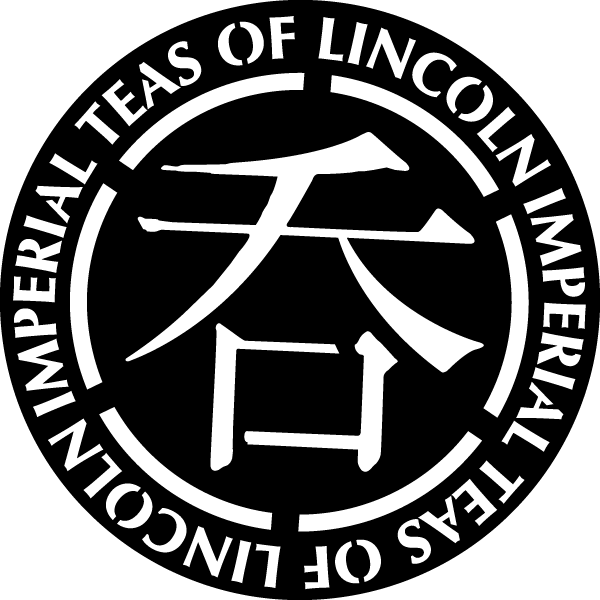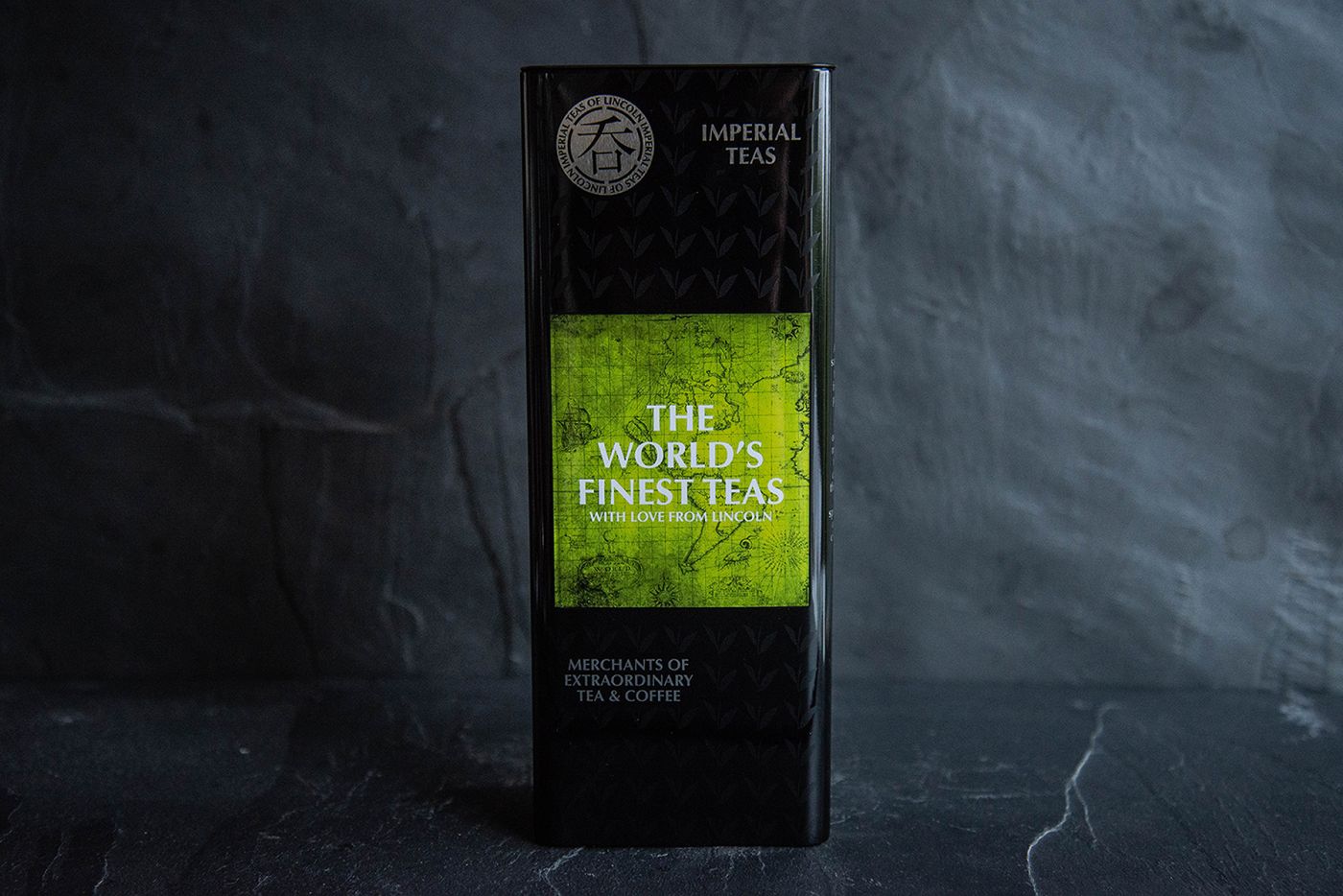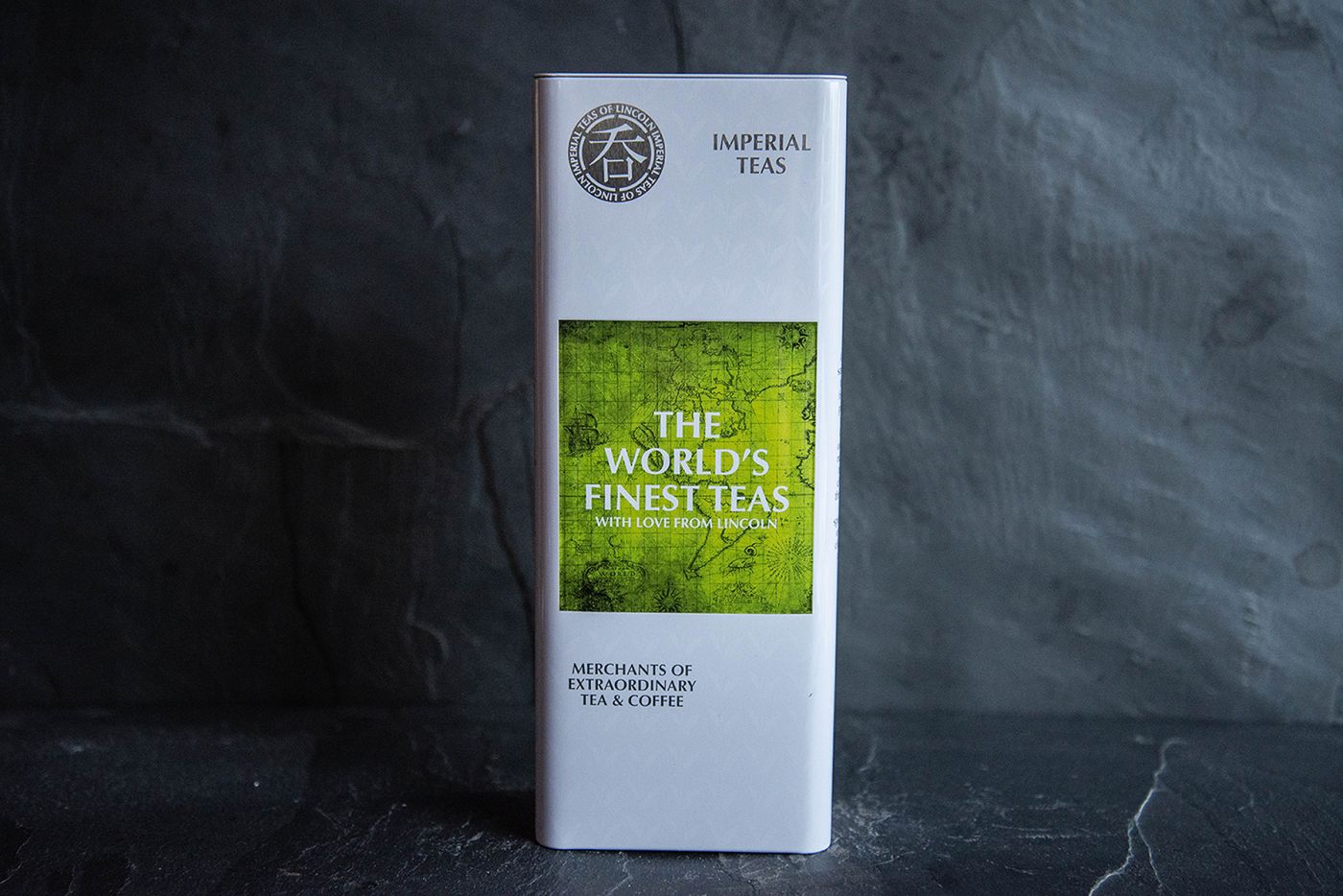VITALITEA ENERGISING HERBAL TEA
Why not add
-
£4.00
We have blended a number of herbs and spices associated with useful nutritional value and invigorating flavours and fragrances. The two M's of moringa and mulberry form the heart of the blend with turmeric adding its own special qualities. Moringa is known as the 'magic tree'. Whilst much research is being conducted to prove their medicinal value, all of the herbs and spices combine to make a great flavour, which we enhance with a touch of refreshing, sweet, natural pineapple flavour.
Have you tried sweetening herbal tea with natural liquorice root or Stevia leaf?
The legendary Moringa tree originated in the foothills of the Himalayan mountain range. It has long been used in Indian medicine and is known as the 'magic tree'. These "magic leaves" taste fresh and mildly spicy with a pleasant sweet note, not dissimilar to Japanese green tea, Gyokuro. We buy from small plantations that produce top qualities that are harvested after the plant is more than 3 years old. The result can be seen in the crop's bright green leaves as well as its unique taste. We have decided on a quality from Sri Lanka owing to the high demand and only restricted availability from sustainable cultivation. Moringa is full of nutrients, including 10% protein content, vitamins B6, C, B2, A, magnesium and iron. It also contains quercetin, a compound linked to lowering of blood pressure and chlorogenic acid, which is thought to help stabilise blood sugar. Its many alleged health properties are currently undergoing clinical trials. Meanwhile, it remains a delicious, caffeine-free alternative to green tea, particularly suited for bedtime drinking.
The Japanese mulberry leaves also called Kuwa, come from the Yamanashi Prefecture that has been known for its silk culture since the 10th century. The leaves were initially fed to the silk caterpillars. Later, the large-leafed mulberry tree was cultivated; according to a legend, its origin lies in the blessing of the Dragon God of the Shibireko lake which is why the natives also call its leaves "Dragon God". Still today, Yamanashi is spoken of as the birthplace of mulberry products. The cultivation area lies at an altitude of 300 to 700m and the resulting temperature differences are responsible for the characteristic, typically sweet and slightly grassy, mild flavour of the leaves, which resembles green tea. The processing resembles the Japanese tea culture of handpicking and water steam distillation instead of fermentation. Mulberry leaves are the only known source of a compound called DNJ which lowers absorption of sugars in the bloodstream. DNJ (scientific name: 1-Deoxynojirimycin) inhibits absorption of sugars in foods we consume by blocking a key enzyme called Alpha-glucosidase.
OTHER INGREDIENTS: Turmeric, lemon grass, sunflowers, safflowers, natural pineapple flavour.
Add a Review
 Leaf GradeHerbal Leaf & Flowers
Leaf GradeHerbal Leaf & Flowers Strength
Strength  Use Milk?No
Use Milk?No Brew Time5-10 mins
Brew Time5-10 mins Water Temperature100 c
Water Temperature100 c Number of Infusions1-2
Number of Infusions1-2

